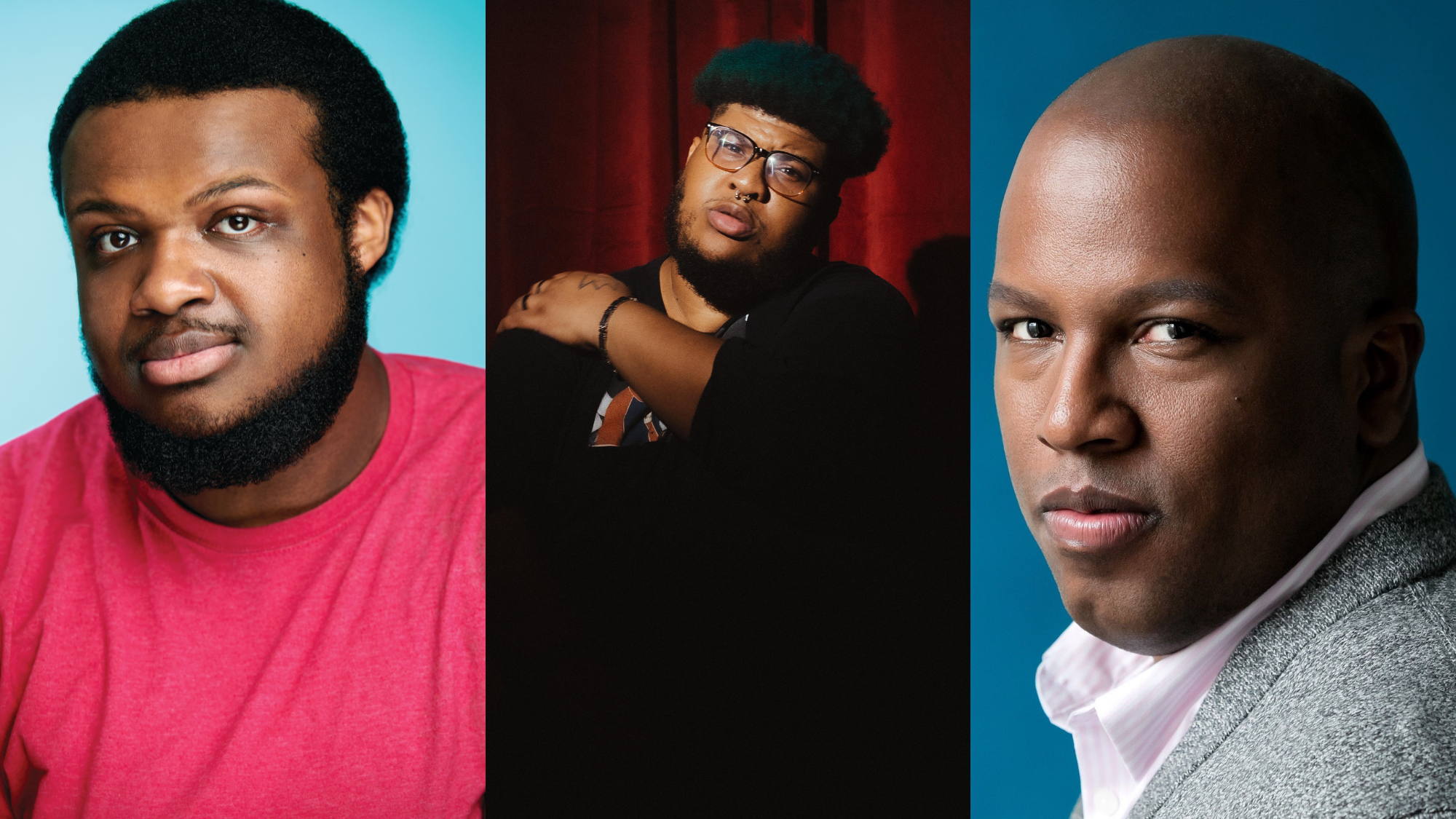Actor André De Shields Merges Art and Activism, Advocates for Modernization of HIV Criminalization Laws
A conversation with the legendary actor Andre De Shields is a master class.
The Tony-award-winning actor is currently receiving rave reviews as Ben Loman in the Broadway revival of Arthur Miller's "Death of A Salesman." De Shields plays the successful and wealthy older brother of Willy Loman (Wendell Pierce), a salesman grappling with a fruitless life in a burgeoning America. The latest production of "Salesman" makes history as the first Broadway revival of the dramatic masterpiece to feature African American actors in the leading roles.
A celebrated Black queer artist, De Shields began his professional career in a 1969 Chicago production of "Hair." His star turn in the title role of the 1978 Broadway hit, "The Wiz," opposite Stephanie Mills, has endeared him to audiences across the globe.
De Shields insists that his most challenging role is always the one directly in front of him. Whether performing for an entire house or in scenes with Neil Patrick Harris in the hit Netflix comedy “Uncoupled,” or standing before a classroom filled with fresh-faced students. Each time he steps on stage, he does so as an advocate. Over the last five decades, he's prioritized helping audiences understand and accept what it means to be human.
"As an actor-activist, I want to fill intimate spaces with enormous beauty," De Shields proclaimed.


